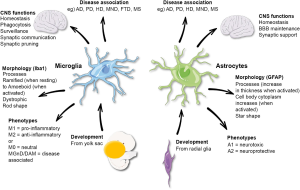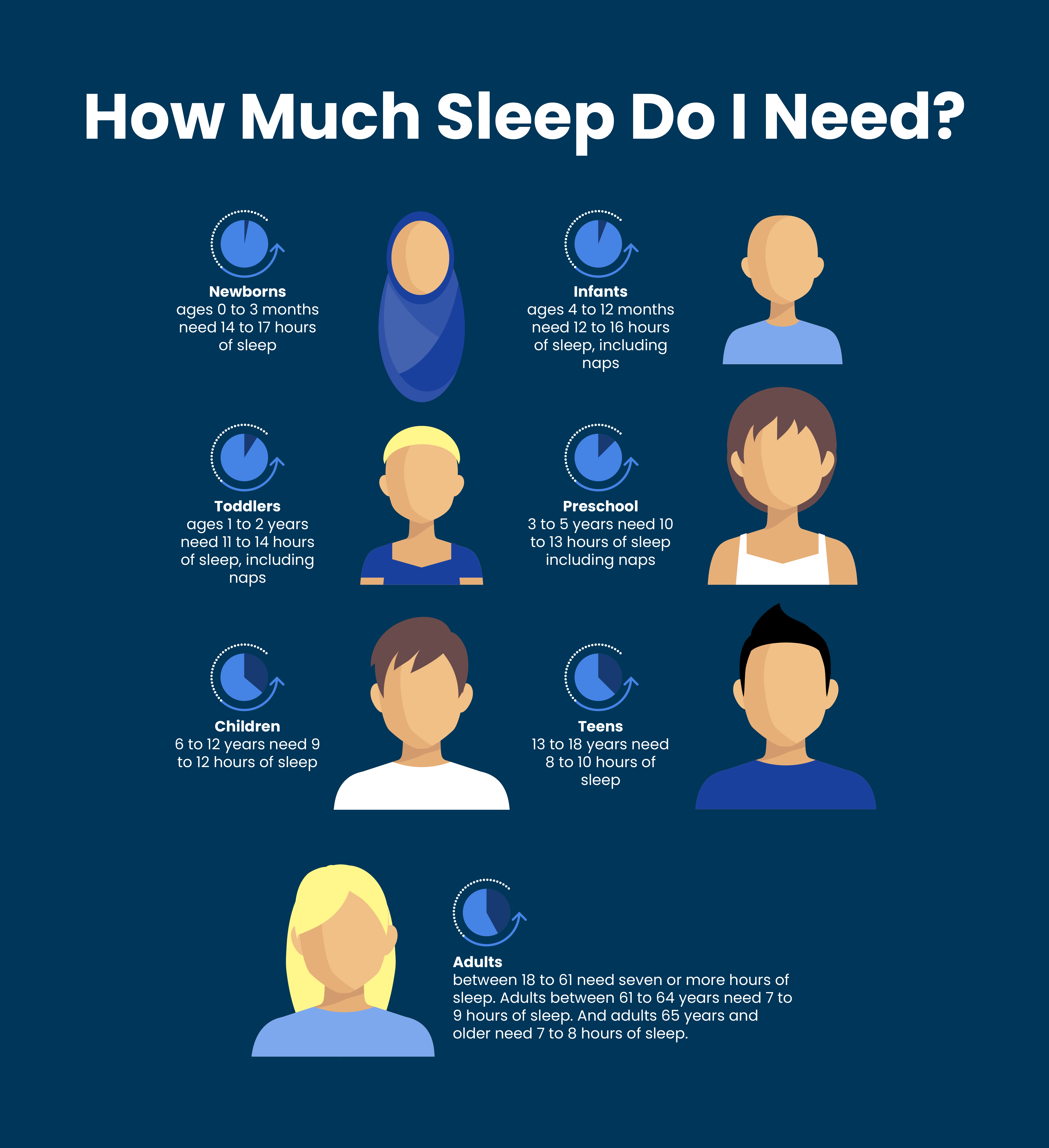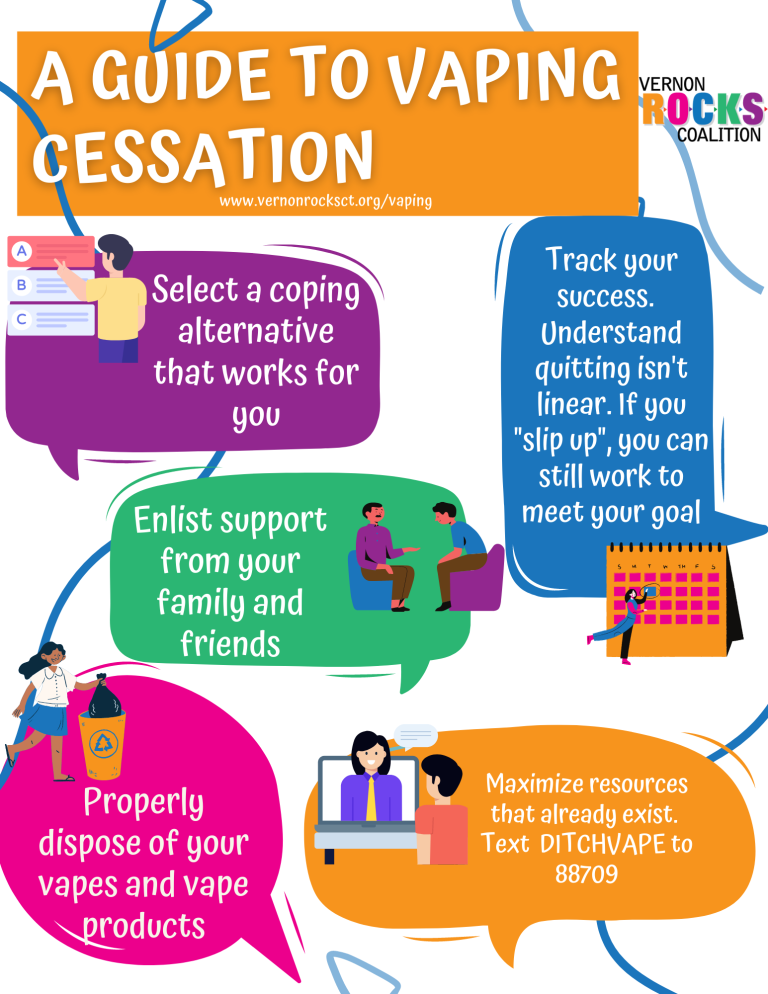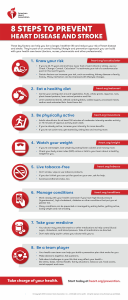How much sleep do you need? This age-old question is crucial for achieving optimal sleep health and can significantly impact your overall well-being. According to sleep experts’ advice, individual sleep needs vary, but the average sleep needs for adults typically range from seven to nine hours per night. Establishing a consistent sleep routine is essential for adults to ensure that they’re meeting these requirements. Understanding the importance of sleep can help you develop habits that promote better rest, preventing fatigue and enhancing your daily performance.
When it comes to determining your optimal sleep duration, several factors come into play, including your personal health and lifestyle. The average adult generally requires a substantial amount of nightly rest to function at their best. Sleep specialists emphasize that everyone’s body reacts differently, leading to a variance in sleep needs that may surprise you. Establishing effective sleep routines can dramatically improve your sleep quality, while understanding the significant role sleep plays in your health is indispensable for a balanced life. Exploring alternatives to your current habits might unveil new paths to achieving the restorative slumber your body craves.
Understanding How Much Sleep You Need
When it comes to determining how much sleep you need, it greatly varies from person to person. Sleep experts emphasize that the amount of rest one requires can be best gauged by observing how much sleep you naturally gravitate towards without external interruptions, like alarm clocks. For many, taking a break from these routines for three to four days can reveal a more authentic need for sleep, as it allows your body to dictate its requirements. This self-reflective approach reveals that individuals often need an average of seven to nine hours of sleep per night, but this can be more nuanced, taking into account factors such as lifestyle, health, and age.
Additionally, it is essential to recognize that waking up consistently tired, even after achieving a recommended eight hours of rest, may signal underlying sleep health issues. Conditions like sleep apnea or hypersomnia could be at play, indicating that your sleep quality may not be as high as your sleep quantity. Consulting a specialist in sleep medicine becomes vital in these scenarios to pinpoint specific sleep disorders and develop tailored treatment plans.
The Importance of Establishing Healthy Sleep Routines
Establishing a solid sleep routine is crucial for promoting better sleep health and overall well-being. Experts suggest that incorporating relaxing activities before bedtime—such as reading, meditative breathing, or gentle stretches—can significantly signal your body that it’s time to wind down. This is reminiscent of childhood practices, where familiar routines helped prepare us for sleep. In today’s fast-paced world, nurturing such routines can enhance not just sleep duration but also its quality, allowing individuals to feel rejuvenated upon waking.
Moreover, sleep health is intricately tied to daily habits and lifestyle choices. For instance, avoiding stimulants like caffeine and electronic screens before bedtime can improve your chances of falling asleep more easily. Regular physical activity and exposure to natural light during the day can also promote a stronger circadian rhythm, further emphasizing why maintaining good sleep practices should be a priority for everyone.
Adapting Your Sleep Environment for Better Rest
The physical environment in which you sleep plays a pivotal role in determining the quality and quantity of your sleep. A comfortable mattress, optimal room temperature, and minimal noise and light disturbances are essential components of a sleep-conducive setting. Using tools such as eye masks, blackout curtains, or sound machines can significantly improve sleep health by blocking distractions that can disrupt your slumber.
Furthermore, the psychological aspect of your sleeping environment should not be overlooked; associating your bedroom strictly with relaxation and sleep can cue your brain that it is time to unwind. Establishing this mental link can enhance sleep efficiency, allowing your body to trust that it is a sanctuary for rest, which ultimately aids in recognizing your natural sleep needs.
Recognizing Signs of Sleep Disorders
Recognizing the signs of possible sleep disorders is critical in ensuring you receive the right care and support to improve your sleep health. Symptoms such as persistent snoring, daytime fatigue, or frequent awakenings during the night should never be ignored. Consulting with a sleep specialist is advisable for anyone who experiences these issues regularly, as they can lead to more serious health implications over time.
Sleep disorders like narcolepsy, insomnia, or sleep apnea require tailored diagnostic approaches and specific treatments to manage effectively. Being proactive in addressing these concerns not only aids in achieving adequate rest but can also help prevent long-term health complications such as cardiovascular issues, obesity, and impaired cognitive function.
The Role of Melatonin in Sleep Health
Melatonin is a hormone that is often discussed in the context of sleep health, playing a vital role in regulating sleep-wake cycles. Many individuals look towards melatonin supplements to aid in achieving better sleep, especially after disruptions in their natural sleep patterns. However, it is essential to approach melatonin supplementation with caution as it is not regulated by the FDA, meaning the quality and efficacy can significantly vary between products.
Opting for pharmaceutical-grade melatonin can enhance reliability when supplementing. Nevertheless, it is crucial to consult with a healthcare professional before introducing any supplement into your routine, as they can help determine the need and proper dosage based on your individual sleep needs and health goals.
Listening to Your Body’s Sleep Signals
Recognizing and responding to your body’s sleep cues is essential to maintaining good sleep health. Your body often provides signals indicating its need for rest, such as yawning, irritability, or difficulty focusing. Tuning into these signs and adjusting your routine accordingly can improve the chances of achieving a restful night. For instance, if you’re feeling unusually drowsy in the early evening, it may be advisable to shift your bedtime a bit earlier to ensure you meet your sleep needs.
Additionally, evaluating how you feel throughout the day can reveal a lot about your nightly rest quality. If you find yourself reaching for coffee multiple times during the day to combat fatigue, it might be a clear indicator that your current sleep routine is not adequately supporting you. Making small adjustments can foster a better understanding of your sleep requirements and enhance overall well-being.
The Benefits of Daytime Naps for Sleep Health
For those who struggle to achieve their ideal amount of sleep at night, incorporating daytime naps can be a beneficial strategy. Short power naps can refresh you and improve cognitive performance, especially for those working night shifts or facing irregular sleep schedules. Sleep experts note that a brief nap, typically between 20 to 30 minutes, can provide a significant boost without causing sleep inertia or disrupting nighttime sleep.
However, timing is crucial when it comes to napping. To maximize the restorative benefits, it’s best to nap during the early afternoon, allowing plenty of time before your regular bedtime. This way, the nap acts as a supplement to your overall sleep needs rather than competing with nighttime rest.
Lifestyle Choices Impacting Sleep Quality
Your overall lifestyle choices have a profound impact on your sleep quality and health. This encompasses not only your diet and exercise habits but also how you manage stress and daily activities. Engaging in regular physical activity and maintaining a balanced diet can contribute significantly to sleep health, while poor nutrition or inactivity can lead to disturbances in sleep patterns.
Moreover, managing stress effectively through mindfulness practices such as yoga, meditation, or leisure activities can help calm the mind and prepare the body for restful sleep. Establishing healthy coping mechanisms to manage daily stressors may eventually protect against the onset of sleep disorders, proving that lifestyle choices are integrally connected to how well and how much sleep you ultimately get.
Seeking Professional Advice for Sleep Issues
When persistent sleep issues arise, seeking professional advice becomes crucial. A healthcare professional, particularly one specializing in sleep medicine, can provide insights into potential underlying causes of your sleep disturbances. Through evaluations such as sleep studies or consultations, experts can help diagnose conditions that may be impacting your ability to achieve restful sleep.
Early intervention can make a significant difference in your sleep health journey. By consulting with a professional, you can explore various treatment options tailored to your specific needs, including cognitive behavioral therapy for insomnia or lifestyle modifications. Such proactive measures not only improve your immediate sleep situation but can lead to long-term health benefits.
Frequently Asked Questions
How much sleep do you need on average for optimal health?
The average sleep needs vary by individual, but most adults require between 7 to 9 hours of sleep each night for optimal health. Sleep experts advise that individual differences can significantly influence how much sleep you need, and it’s essential to listen to your body to determine your ideal amount.
How much sleep do you need to feel rested and alert during the day?
To feel rested and alert during the day, it’s crucial to allow your body to discover how much sleep it truly needs. After a few days of sleeping without an alarm, evaluate your natural sleep duration to identify your optimal sleep routine.
What do sleep experts advise regarding sleep routines?
Sleep experts recommend establishing a calming sleep routine to signal your body that it’s time for rest. Consistent practices like dimming lights, reading, and taking a warm bath before bed can enhance your sleep quality.
What is the importance of sleep for overall health?
The importance of sleep cannot be overstated as it plays a critical role in physical health, cognitive function, and emotional well-being. Adequate sleep supports your immune system, reduces stress, and improves brain performance, making it vital to prioritize your sleep health.
How much sleep do you need if you frequently wake during the night?
If you frequently wake during the night and are unsure how much sleep you need, it may be helpful to consult with a sleep specialist. Persistent sleep disruptions could indicate underlying issues such as sleep apnea or insomnia, which may need professional assessment.
Can a nap help if you don’t get enough sleep at night?
Yes, if you struggle to meet your necessary sleep needs at night, a nap during the day can be highly beneficial, especially for night shift workers. Short naps can improve alertness and enhance cognitive function.
How much sleep do you need to recover from sleep deprivation?
Recovering from sleep deprivation typically requires more sleep than usual. Sleep experts suggest that adding a few extra hours to your nightly sleep until you feel fully rested can help you catch up on missed sleep.
What are effective strategies to improve sleep health?
To improve sleep health, maintain a consistent sleep schedule, create a calming bedtime routine, limit caffeine intake in the evening, and create a comfortable sleep environment. Avoiding screens before bedtime can also enhance your sleep quality.
How much sleep do you need if you’re diagnosed with insomnia?
For those diagnosed with insomnia, the required amount of sleep can vary, and it’s crucial to work with a healthcare professional. Cognitive behavioral therapy can be an effective long-term solution for managing insomnia and determining how much sleep you truly need.
Is melatonin helpful in determining how much sleep do you need?
While melatonin can assist some individuals with sleep onset, it’s important to note that it doesn’t necessarily define how much sleep you need. Consulting with a healthcare provider about melatonin use is advisable, especially concerning its proper dosage and timing.
| Key Point | Details |
|---|---|
| Individual Sleep Needs | Determine sleep needs by how much sleep you get without an alarm. Ideally, assess after 3-4 days of unrestricted sleep. |
| Sleep Routines | Establishing a bedtime routine helps signal your body that it’s time to sleep, similar to childhood rituals. |
| Signs of Sleep Issues | Persistent tiredness after sufficient sleep could indicate sleep disorders; consult a sleep specialist if concerned. |
| Napping | Naps can be beneficial, especially for those with irregular schedules, but should be managed appropriately. |
| Sleep Aids | Melatonin isn’t FDA-regulated and should be taken cautiously; cognitive behavioral therapy is best for long-term insomnia. |
| Use of Technology | Sleep podcasts and sound machines can aid sleep, as long as they are not disruptive to safety. |
Summary
How much sleep you need varies from person to person and is primarily determined by the amount of rest you get when you’re free from alarms. If you find yourself feeling tired after a seemingly adequate night’s sleep, it may be beneficial to explore underlying issues with a sleep specialist. Establishing a bedtime routine, avoiding stimulating activities before sleep, and considering professional advice for persistent problems can greatly enhance your sleep quality. Remember that prioritizing sleep is essential for overall well-being.









